For cord-cutters, Channels DVR is what Plex might be

If you asked me two years ago to choose the best way for cord-cutters to power their media servers, I wouldn’t hesitate to choose Plex.
Plex allows users to host their media files—movies, TV shows, music, and photos—on one computer, and then stream them to other devices over a local Wi-Fi network or over the Internet. In 2016, it added the ability to record over-the-air TV channels from an antenna, and this feature, along with the general level of software polish in Plex, made it a great choice for users who have large libraries of media files and want the bulk. control their televisions.
Recently, though, Plex has been looking for other ways to grow its business. Rather than simply building its own media server features, Plex has made forays into content streaming, with ad-supported movies and shows, 24/7 TV channels, web videos, and podcasts. While Plex is still investing in the media server side, it’s no longer the company’s sole focus.
That left an opportunity for a relative newcomer called Channels from an indie developer called Fancy Bits, which launched its over-the-air DVR in 2017 and has since been piling on impressive new features. In a way, the channels feel like the new Plex, or at least a continuation of what old Plex might have been like had it doubled down on local media recording and presentation.
Beyond TV tuner
Strictly seen as over-the-air DVRs, Plex and the channels have more similarities than differences. Both require an over-the-air antenna, a compatible TV tuner (such as SiliconDust’s HDHomeRun Connect), a hard drive with plenty of storage space, and a computer powerful enough to run the service’s media server software. This device can be a desktop PC, NAS box, or Nvidia Shield TV Pro streaming box.
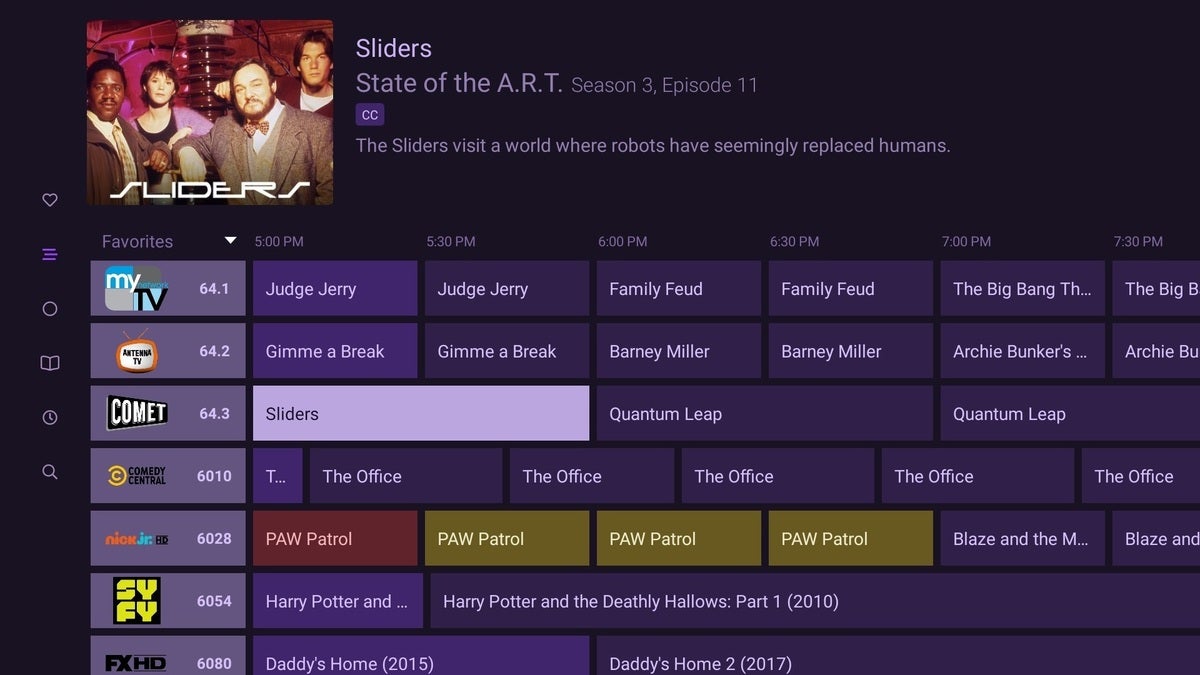 Jared Newman/IDG
Jared Newman/IDGDVR channels can record live feeds from an antenna, along with some broadcast sources.
Both DVR services also require a subscription, with Plex charging $5 per month, $40 per year, or $120 for life, and Channels charging $8 per month or $80 per year. You can read my reviews of the Plex DVR and Channels DVR for more details on how they handle recordings and playback, but I’ve recently given Channels credit for its superior level of polish despite the higher price tag.
Where Channels really stands out, though, is that it can record far beyond just live streaming. Last year, Channels added support for capturing TV Everywhere streams, so if you have a pay-TV login you can use the DVR for cable channels. It also added support for Locast.org, so you can record local channels without antenna in certain markets.
Last month, Channels took it a step further: For any legal video source that creates an M3U playlist, you can now add them to Channels and record their content. This means that it is now possible to record free streams from Pluto TV or Stirr, add a webcam directly to your channel guide, or even play your own channels around the clock from locally hosted media.
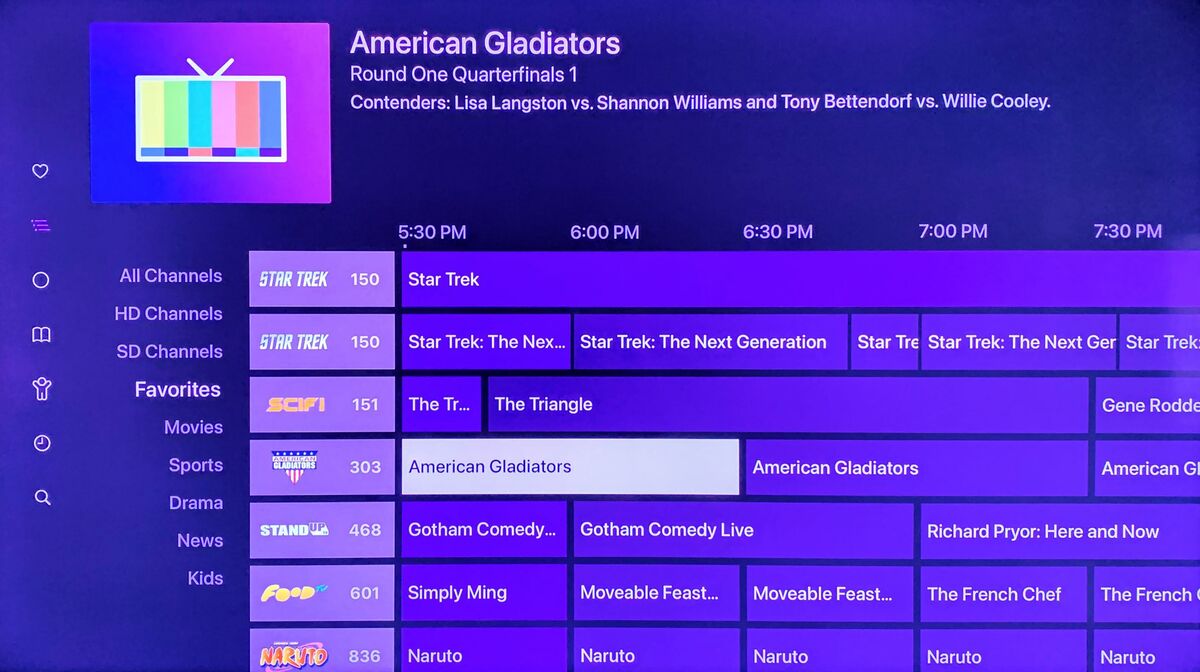 Jared Newman/IDG
Jared Newman/IDGM3U playlist support now allows channels to record from more video sources, such as the free Pluto TV channels shown here.
In Plex’s clearest shot yet, channels can also show videos you bring in from elsewhere. If you have any ripped DVDs, YouTube downloads, or recordings from PlayOn, you can just use the channels web-based setup tool to select the folder they are in on your media server machine, and any movies or shows in those folders will appear in the Library section. in the Channels application.
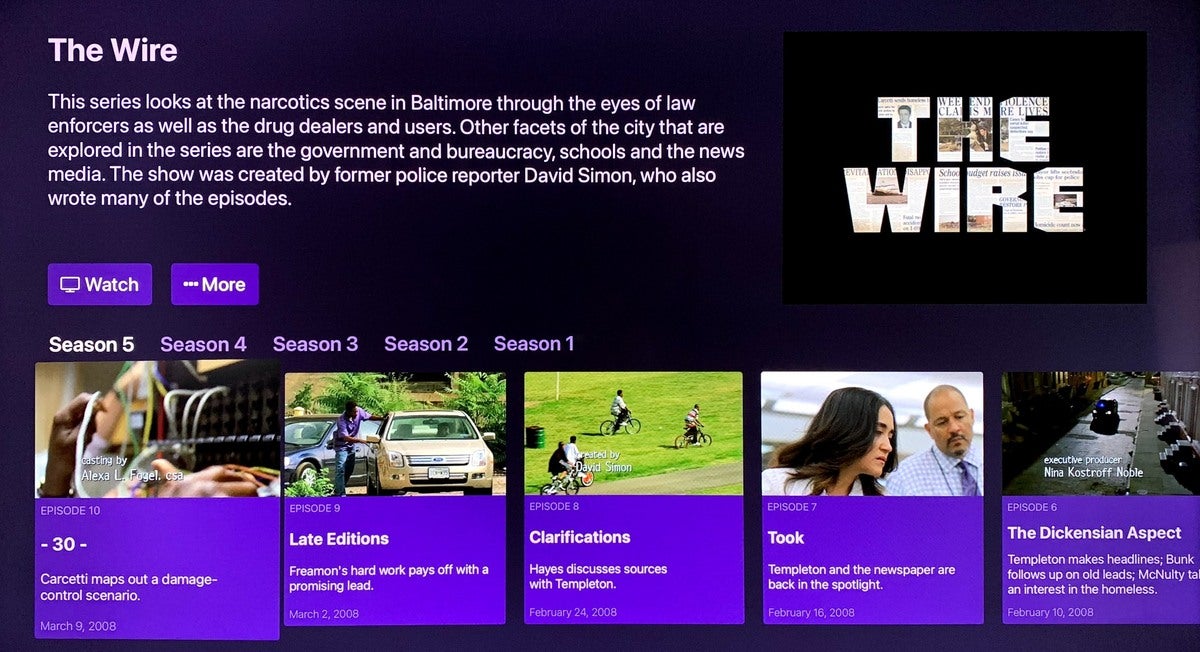 Jared Newman/IDG
Jared Newman/IDGThese episodes of the wire It came from PlayOn, a service for recording video-on-demand sources. Channels can now be streamed within their own app.
Channels even cut the cost of setting up a media server with a simplified installer for the $35 Raspberry Pi 4 mini PC. Installing Channels on the Raspberry Pi used to be an ordeal, but now you can run it without any terminal commands or modified script files.
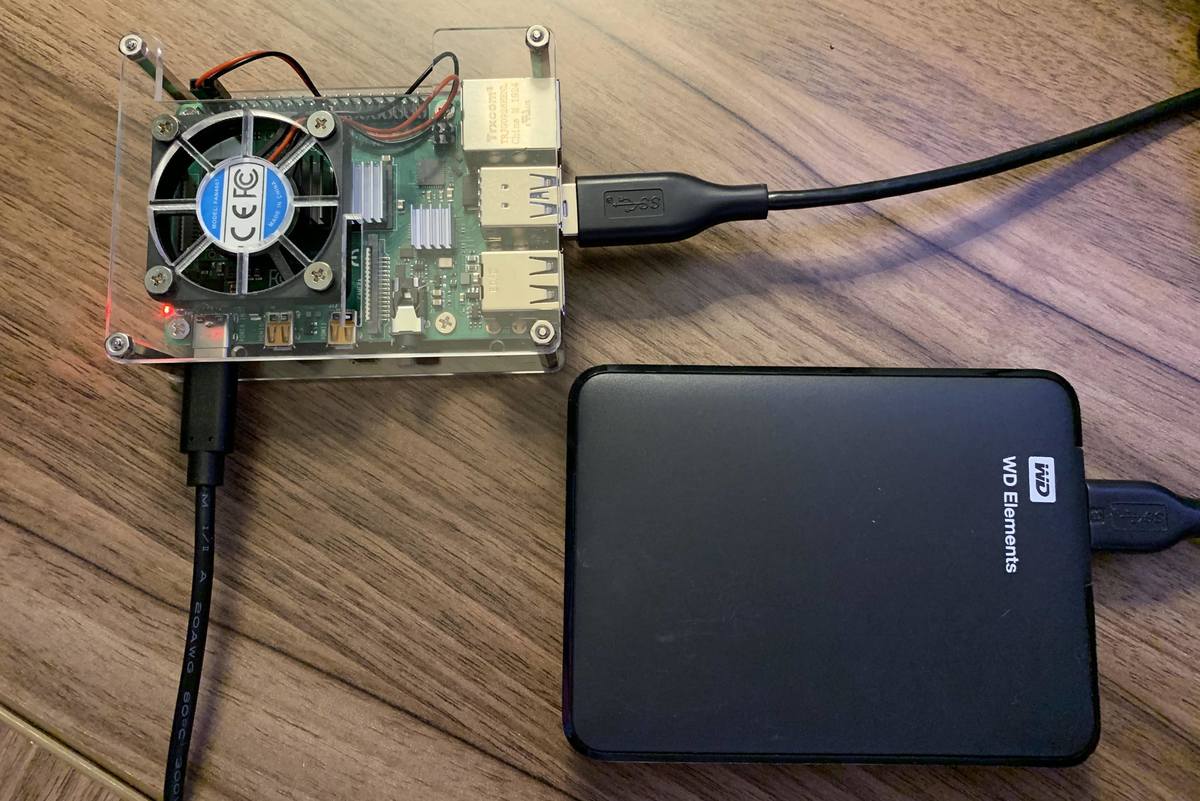 Jared Newman/IDG
Jared Newman/IDGA Raspberry Pi and a $35 external hard drive might be all you need to get started with Channels.
forked paths
To be fair, Plex hasn’t given up on its media server roots. Earlier this year, the company overhauled its live TV guide and added an option to skip non-destructive DVR ad (applying a feature channels already provide). In the past year, it’s made a bunch of subtle improvements to the server, like better support for hardware-accelerated transcoding, and a nifty new dashboard for monitoring server activity. Plex has also released a new version of Plexamp, which is a great app for self-hosted music collections. (The channels don’t handle music at all, and probably shouldn’t.)
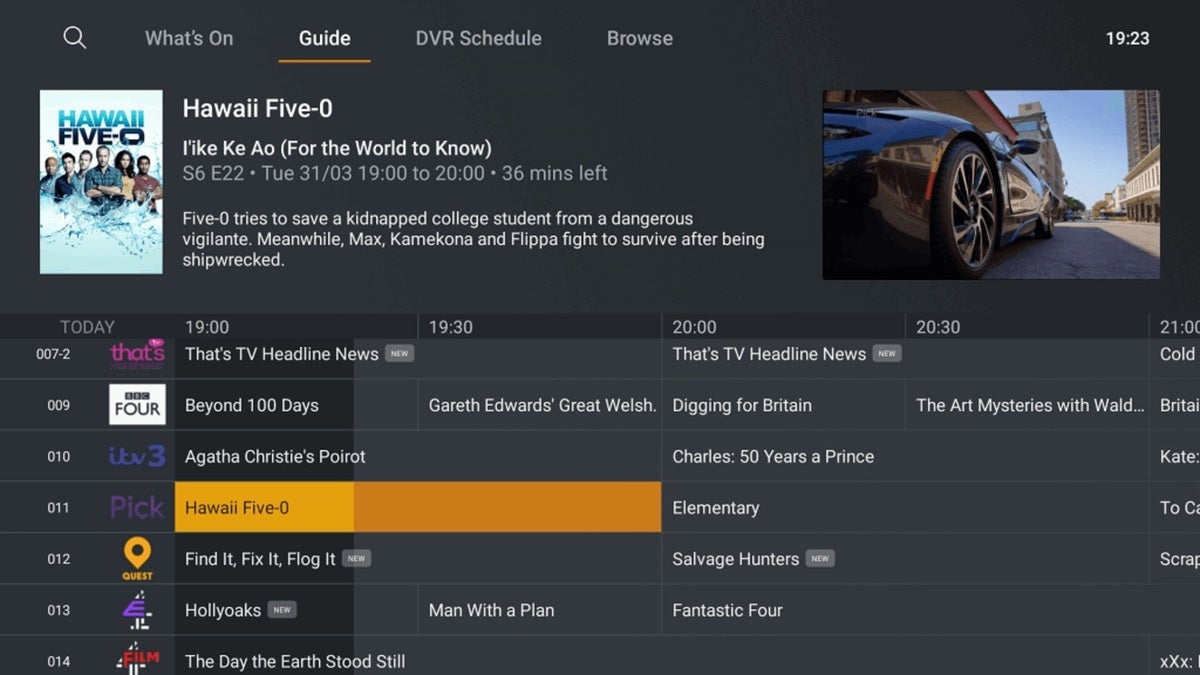 Plex
PlexPlex’s live TV guide got a facelift earlier this year.
Plex also still supports a lot of connected TVs that Channels doesn’t, including Roku devices; Game consoles and smart TVs from Samsung, LG, and Vizio. To use Channels, you’ll still need an Apple TV, Fire TV, or Android TV device (like the new Chromecast with Google TV). Broad platform support has always been important to Plex, but it’s less so for channels.
what plex did not The friction is reduced when starting up a media server or making any additions to what you can record on one, similar to what Channels did. Perhaps that will change in the future, but I think Plex is more interested in partnering with media companies in streaming rather than antagonizing them with crafty new ways of recording their content.
This isn’t necessarily a bad thing if you’re aligned with Plex’s vision — after all, the company wants to provide a central hub for all kinds of content, whether self-hosted or streamed, across practically any device — but the outcome will be very different from the vision set by Channels.
Writing about cord cutters, I’ve gotten a surprisingly high number of requests from people who just want a DVR for everything, from over-the-air TV to streaming video. This means not only having all the content in one place, but being able to watch it all offline, at any time, while easily avoiding commercials. Channels offers the closest thing to this ideal, while Plex seems to drift away from it.
Sign up for Jared’s Cord Cutter’s weekly newsletter to get this column and other cord cutter news, insights, and deals delivered to your inbox.
